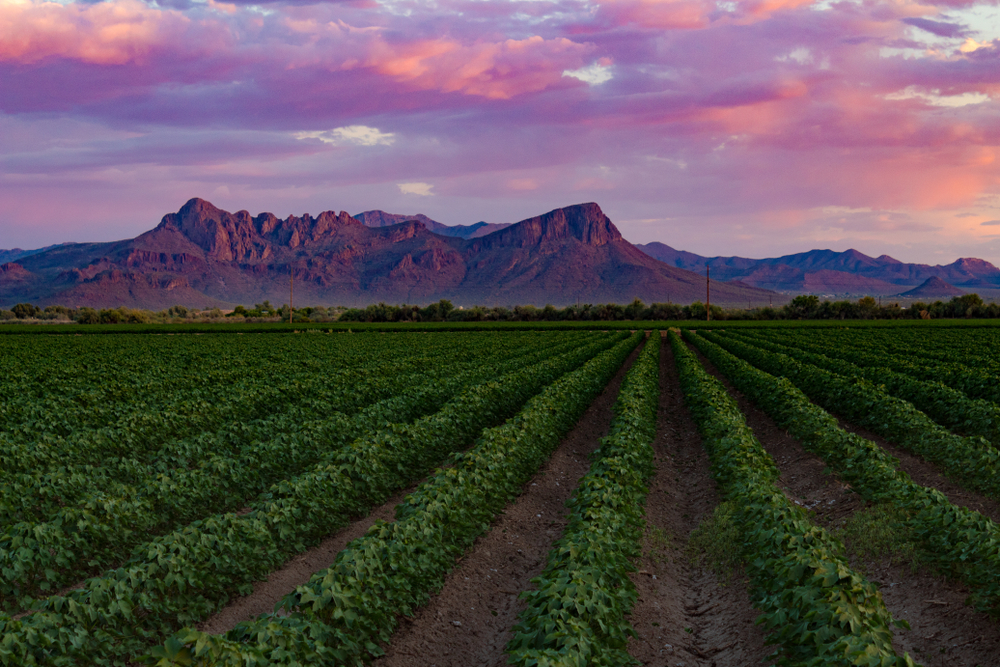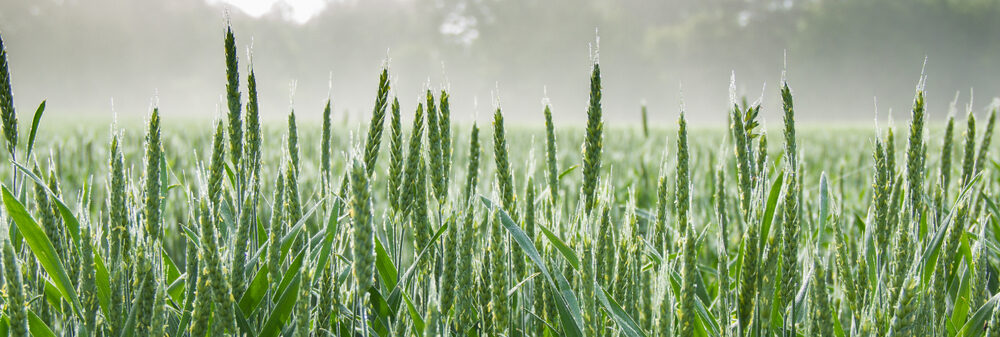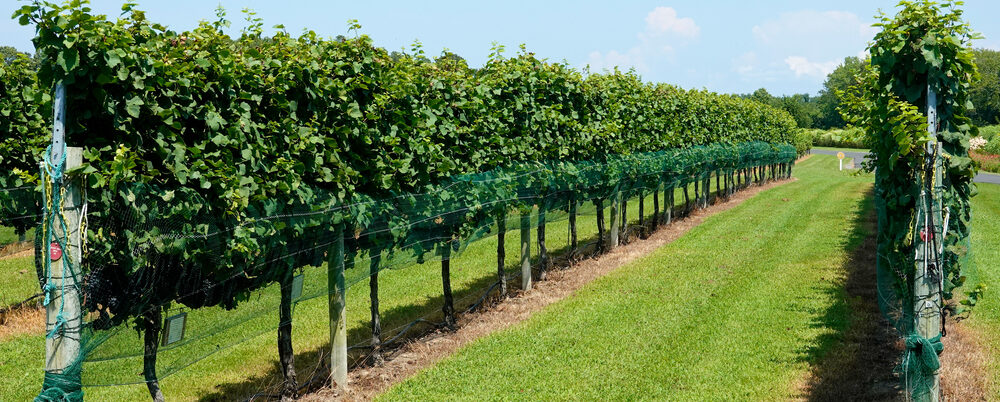Arizona has the reputation for being a dry, arid destination, and many people assume it’s not a major agricultural state. However, with several different ecosystems present, farming contributes about $23 billion to Arizona’s economic output every year. The importance of agriculture to Arizona’s economy is one reason why many people across the state may be concerned about their exposure to a chemical herbicide used in farming: Roundup.
The product, which is manufactured by Monsanto and its parent company, Bayer, is the subject of tens of thousands of class-action lawsuits across the country alleging that it causes cancer. Three jury verdicts so far have come to the same conclusion, and in 2020 Bayer proposed a settlement offer that would end most of the lawsuits.
What should Arizona residents who used Roundup know about its history, the active ingredient in question, how much of the substance has been used in the state, and what health effects could result? Finally, what should people in Arizona do if they used Roundup and became sick from cancer?
What Does Roundup Do?
Long before it became the most popular weedkiller in history, glyphosate, the active ingredient in Roundup, had another use altogether. Let’s explore the background of this product and how it’s connected to agriculture in Arizona.
History of Roundup
Before the 1970s, glyphosate was used primarily as a solvent to remove scale from boilers and other large heating and plumbing equipment. That changed in the early part of the decade, when a scientist for Monsanto discovered that glyphosate was incredibly effective at killing plants.
Monsanto, the St. Louis-based chemical company known for inventing another controversial ingredient, saccharin, patented glyphosate as an herbicide. In 1974, the company began selling it under the name Roundup.
Many formulations of Roundup exist, but they all use glyphosate as the primary ingredient, and it’s believed that the chemical kills plants by preventing them from producing an enzyme they need for growth.
Roundup & Arizona Agriculture
Roundup is used widely across many sectors, including agriculture, but also popular for residential lawn care and professional landscaping. In fact, you may have a bottle or two in your garage right now, thanks to how popular the product is. That said, the biggest user of glyphosate and Roundup is the agricultural industry.
Tens of millions of pounds of glyphosate are spread on American farm fields, orchards, and pastures every year. How widely used is it in Arizona and across the country? According to U.S. Geological Survey data, about 3.8 billion pounds of glyphosate have been used on U.S. farms since 1992.
Let’s take a closer look at farming and glyphosate in Arizona:
- Since 1992, about 11.2 million pounds of glyphosate have been used in the Arizona agricultural sector, which is well below average. This is due largely to the crops grown in the state.
- In 2017, the most recent year for available data, about 507,000 pounds of glyphosate were used in Arizona agriculture. This represents an increase of about 25% since 2000.
- Glyphosate is the most widely used pesticide or herbicide in Arizona farming.
- Cotton accounts for the lion’s share of glyphosate used by farmers in Arizona, at nearly 84%. Corn adds another 8%, while orchard crops account for about 4%.
- Arizona farmers produced about 355,000 bales of cotton in 2020, making it 11th in the country in term of output; the state ranks second in the production of lettuce, spinach, and cantaloupe.
Is Roundup Dangerous?
How can Roundup be so widely used if it’s dangerous? The truth is that the answer to whether Roundup is safe depends on whom you ask. While Monsanto and Bayer AG —the German pharmaceutical company that purchased Monsanto a few years ago— have maintained that the product is perfectly safe, there’s a growing body of evidence that this isn’t the case.
A recent study by the University of Washington found that exposure to Roundup increased a person’s risk of developing non-Hodgkin lymphoma, which is a type of cancer, by as much as 41%. All three verdicts against Roundup so far have involved people diagnosed with this type of cancer.
Non-Hodgkin Lymphoma
Lymphoma is the term for cancers that develop in the lymphatic system due to out-of-control white blood cells. Non-Hodgkin lymphoma (NHL) is an umbrella term for several forms of lymphoma, and they are different from another well-known type, Hodgkin lymphoma, which many people call Hodgkin’s disease.
About 82,000 people are newly diagnosed with NHL in a typical year, according to statistics from the American Cancer Society, and about 21,000 people will die from the disease. About 4% of all cancer cases are NHL.
While it’s important to note that symptoms can vary greatly from person to person, Arizona residents who used glyphosate or Roundup should watch out for these common physical signs:
- Chest pain
- Cough
- Chills
- Easy bruising
- Fatigue
- Fever
- Frequent, severe infections
- Night sweats
- Shortness of breath
- Swollen abdomen
- Swollen lymph nodes
- Weight loss
Roundup users in Arizona who have noticed any of these symptoms, particularly if they’ve experienced multiple issues on this list, should seek a thorough examination with their doctor. While NHL is relatively common, it is treatable if discovered early. The five-year survival rate for early-stage NHL is about 73%, but that falls to 57% if the cancer is not detected until after it has spread.
Roundup’s Regulatory Status
The biggest reason Roundup remains available on store shelves despite its possible connection to cancer is because the U.S. Environmental Protection Agency (EPA) has determined that it is not a cancer-causing chemical. As recently as 2020, the agency has examined and reauthorized glyphosate as non-carcinogenic.
However, there is a growing chorus of voices on the other side of that position. The International Agency for Cancer Risk has listed glyphosate as a probable carcinogen, and the state of California’s environmental health agency does as well. Many communities across the U.S. have limited or banned use of Roundup and glyphosate, even for residential use. Barring any legal challenges, at the end of 2021, the state of New York is expected to be the first to outlaw glyphosate use on state-owned grounds.
What’s the Current Status of Roundup Litigation?
More than 125,000 cases have been filed alleging that Roundup causes cancer, and most of them were filed by people who used the product and were later diagnosed with non-Hodgkin lymphoma. Of the three trials that have proceeded to jury verdicts so far, all plaintiffs had that type of cancer, and each of them received multimillion-dollar verdicts in their favor.
Those verdicts totaled more than $2 billion, but they were all reduced upon appeal. Still, the basic findings of the jury members have held up to the scrutiny of appeals —Roundup caused the plaintiffs’ cancer and Monsanto knew the risks of its product but did nothing to shield the public. Monsanto and Bayer are still appealing two of the three verdicts, dropping its appeal in one of the cases in March 2021.
After suffering three consecutive, headline-grabbing verdicts, Bayer in 2020 proposed setting aside $10 billion to settle most of the cases it’s currently facing, as well as $2 billion to establish a system for paying out future claims.
Negotiations are ongoing, and at least one court hearing has been scheduled for the summer of 2021. It’s believed that some plaintiffs have tentatively accepted Bayer’s proposal to end their current lawsuits, but nothing has been formally approved yet.
Labeling Class-Action Settlement
Separately, Bayer had faced a class-action lawsuit over Roundup’s label. A $40 million settlement was approved in that case, and Arizona residents who bought Roundup after Feb. 13, 2015 may be eligible to receive up to $90 in compensation because of wording on the product label indicating that because Roundup targets a plant enzyme, it can’t harm people or pets.
How Much Can I Get From a Roundup Lawsuit in Arizona?
There is no simple answer to this question, and that’s primarily because most of the jury verdicts are still tied up in the appeals system and negotiations are continuing on the $12 billion in settlement money Bayer has proposed.
Still, we can look to the settlement offer for some guidance. If the $10 billion were to be approved, it has been estimated that the average victim would receive about $165,000, with certain factors increasing or decreasing those amounts.
Factors include age at diagnosis, extent of the disease, and whether the victim is still living. Survivors of victims will likely receive the largest awards, especially if the deceased person left behind a spouse or juvenile children.
Additionally, as they stand, the settlement offers require victims to be U.S. citizens, which means migrant workers who may have been exposed to Roundup would not be eligible for settlement money.
What Should I Do if I Have Been Affected by Roundup?
If you’re an Arizona resident who has used Roundup or another glyphosate-based herbicide, you should stop using the product. For those whose exposure continues because of their jobs, your employer should be able to provide you with a safer product to use.
And if you have experienced any of the medical symptoms listed above, please contact your doctor right away for a full examination.
Settlement negotiations continue, and until the process concludes, it’s still possible to file a lawsuit if you used Roundup and later were diagnosed with cancer. The best way to seek justice is to meet with an expert Roundup class-action law firm in Arizona, and we can help connect you with a firm in your area.
Consultations are typically free, and you probably won’t pay any legal fees unless you win your case.





